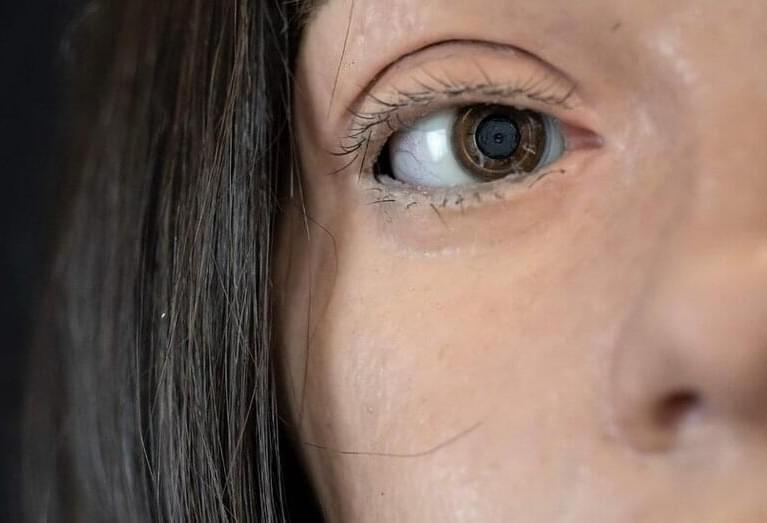Have you ever talked to someone who is “into consciousness?” How did that conversation go? Did they make a vague gesture in the air with both hands? Did they reference the Tao Te Ching or Jean-Paul Sartre? Did they say that, actually, there’s nothing scientists can be sure about, and that reality is only as real as we make it out to be?
The fuzziness of consciousness, its imprecision, has made its study anathema in the natural sciences. At least until recently, the project was largely left to philosophers, who often were only marginally better than others at clarifying their object of study. Hod Lipson, a roboticist at Columbia University, said that some people in his field referred to consciousness as “the C-word.” Grace Lindsay, a neuroscientist at New York University, said, “There was this idea that you can’t study consciousness until you have tenure.”
Nonetheless, a few weeks ago, a group of philosophers, neuroscientists and computer scientists, Dr. Lindsay among them, proposed a rubric with which to determine whether an A.I. system like ChatGPT could be considered conscious. The report, which surveys what Dr. Lindsay calls the “brand-new” science of consciousness, pulls together elements from a half-dozen nascent empirical theories and proposes a list of measurable qualities that might suggest the presence of some presence in a machine.
